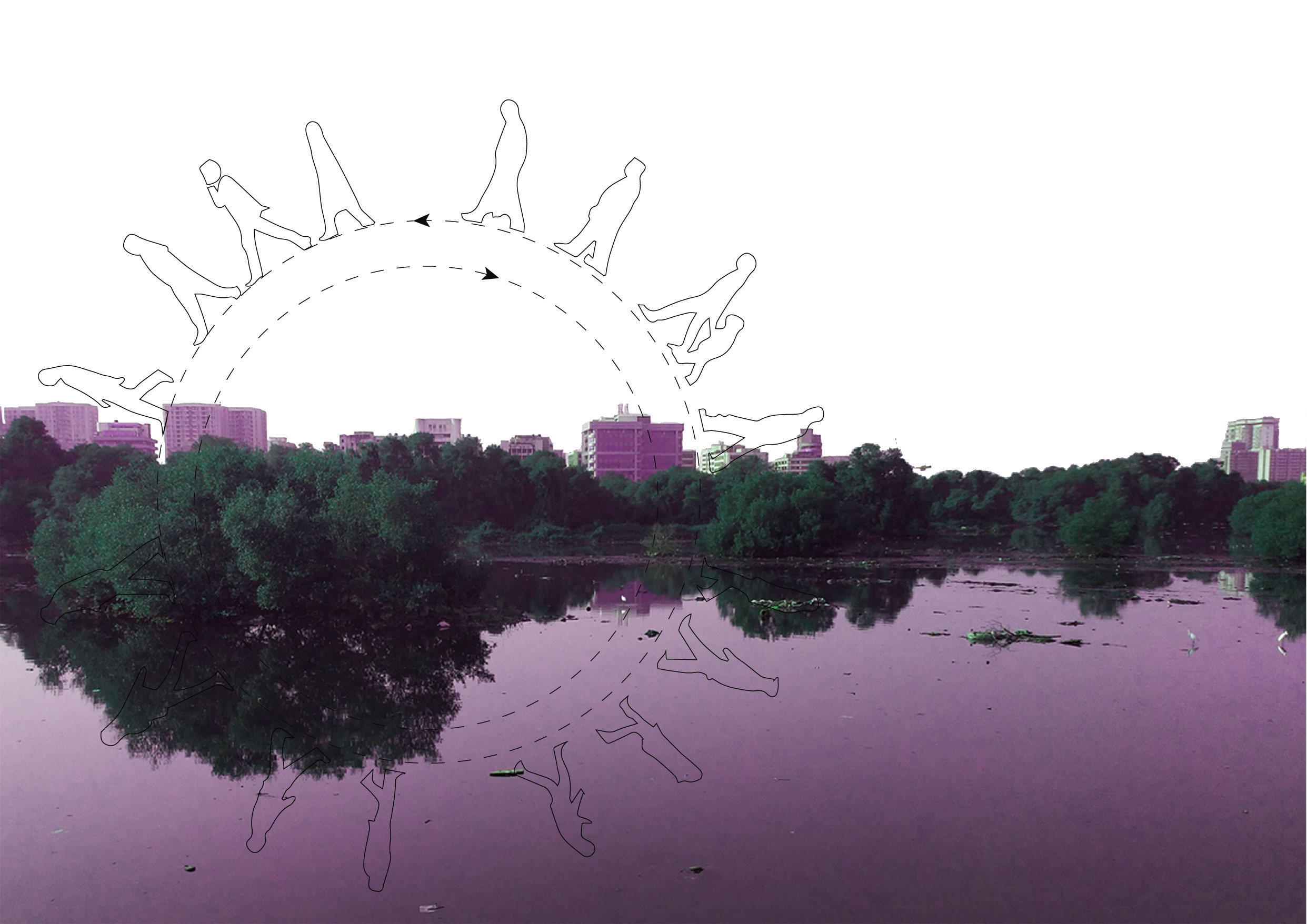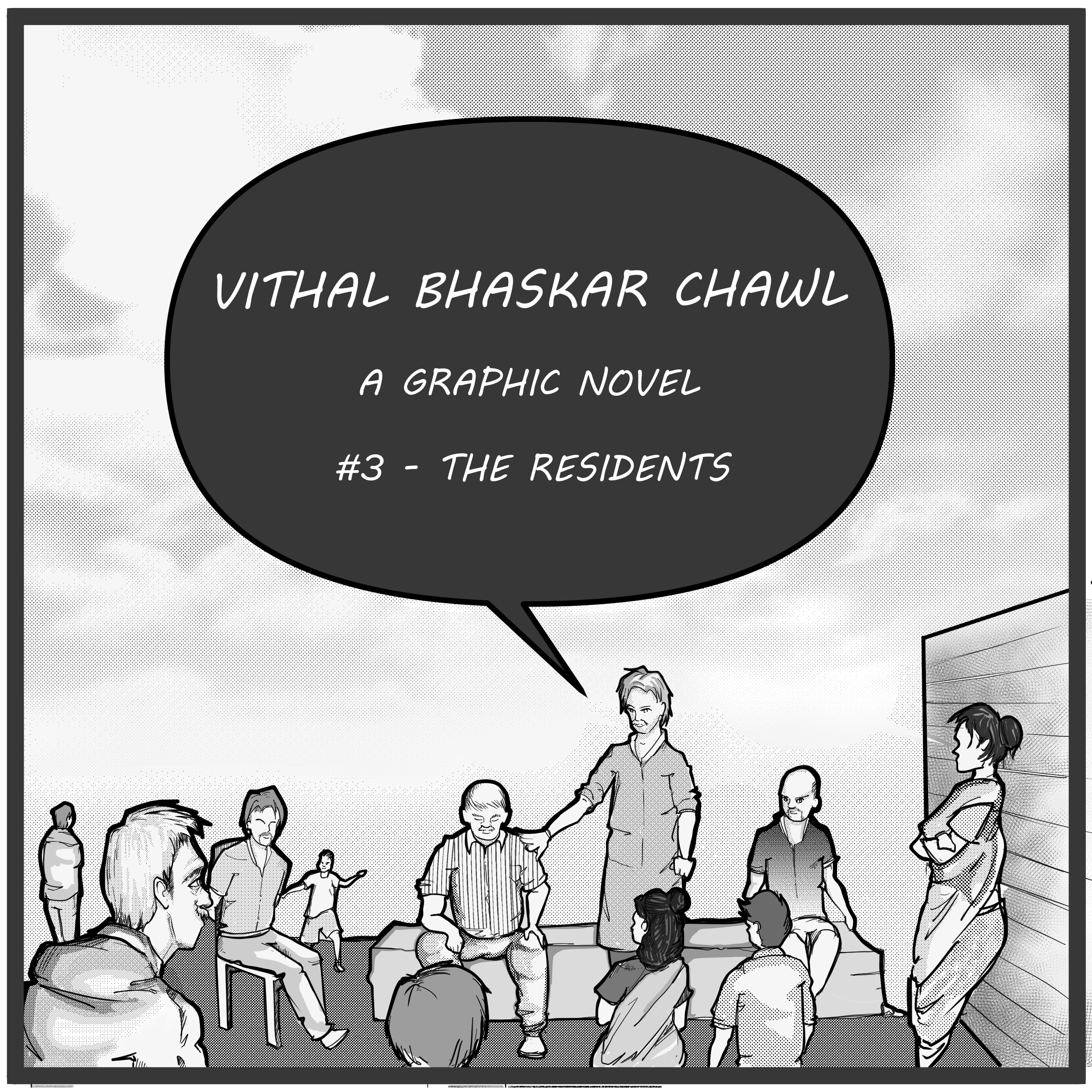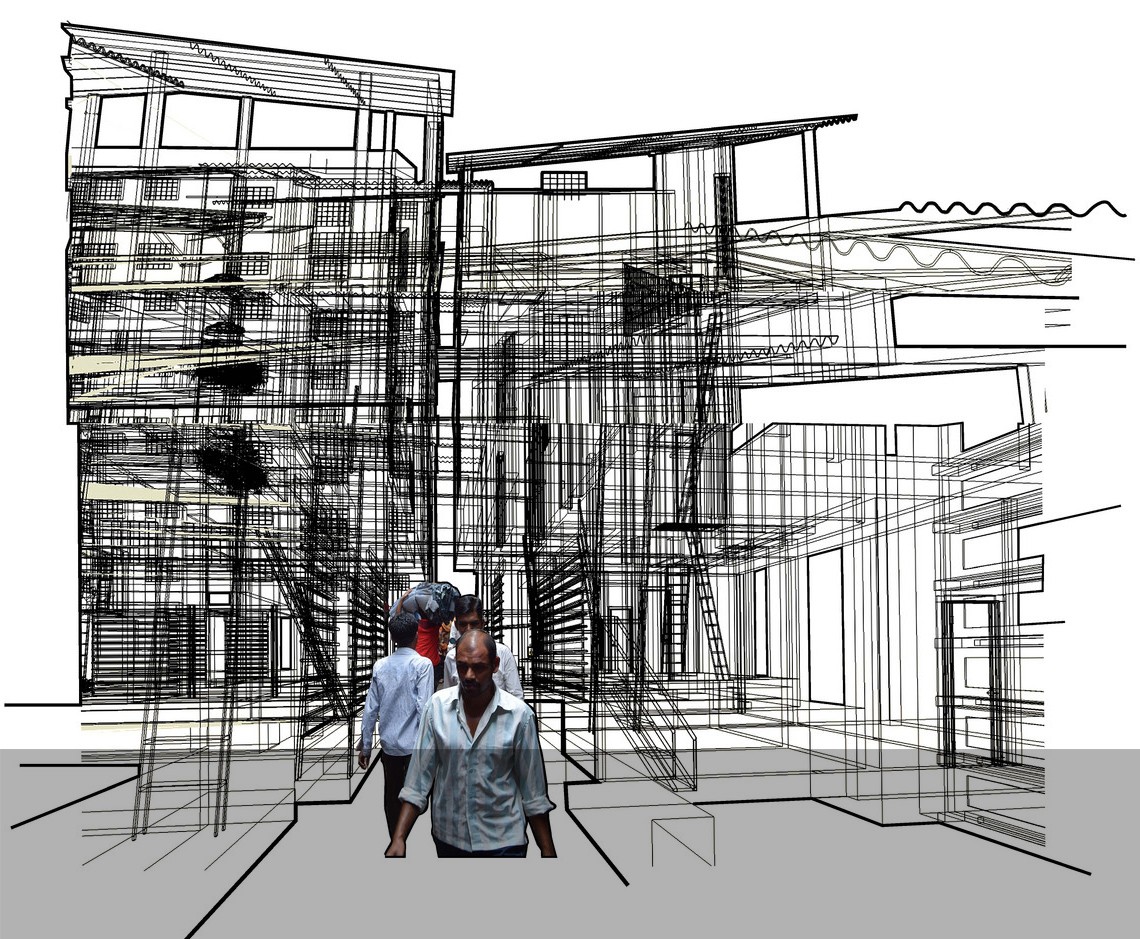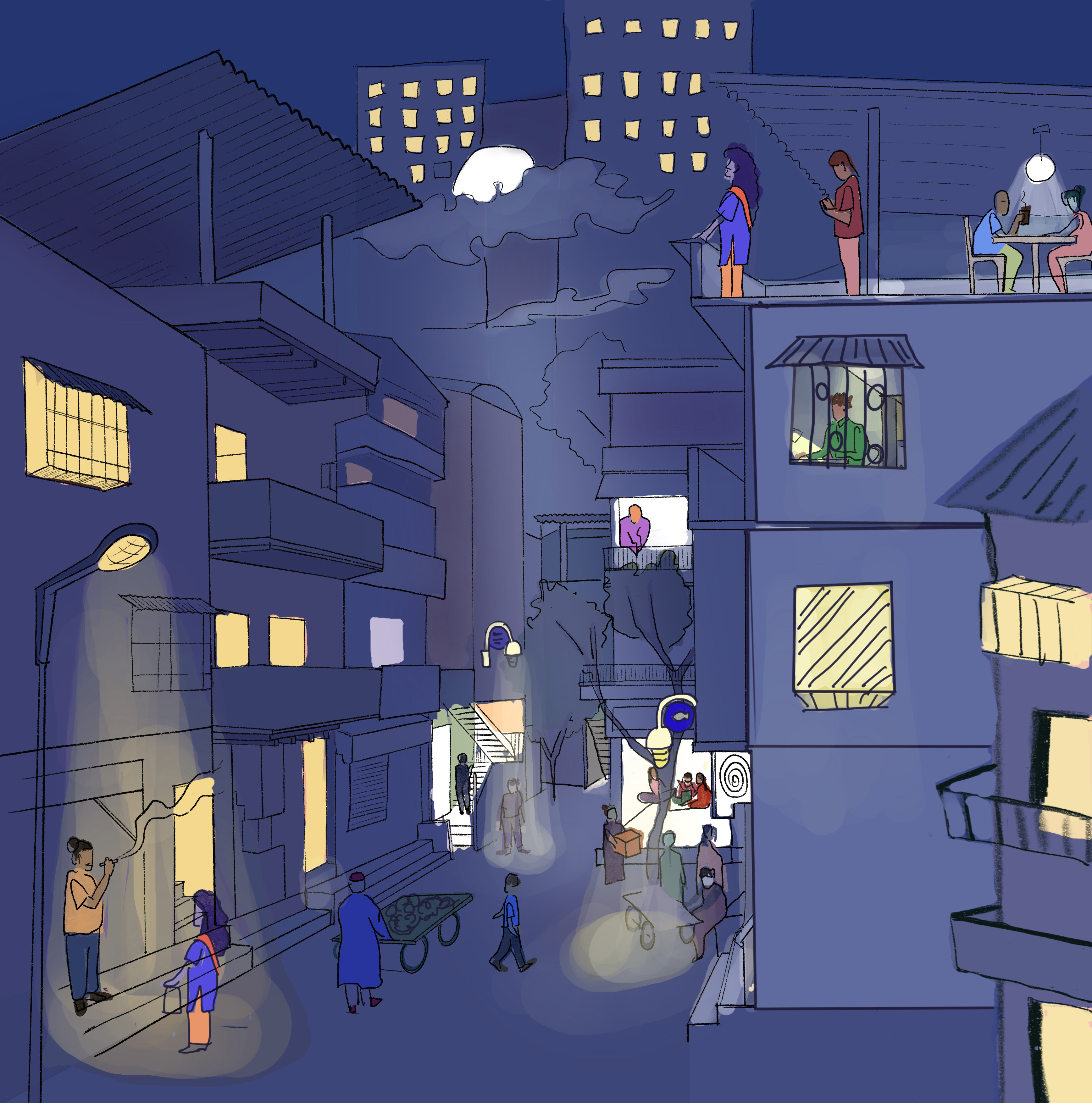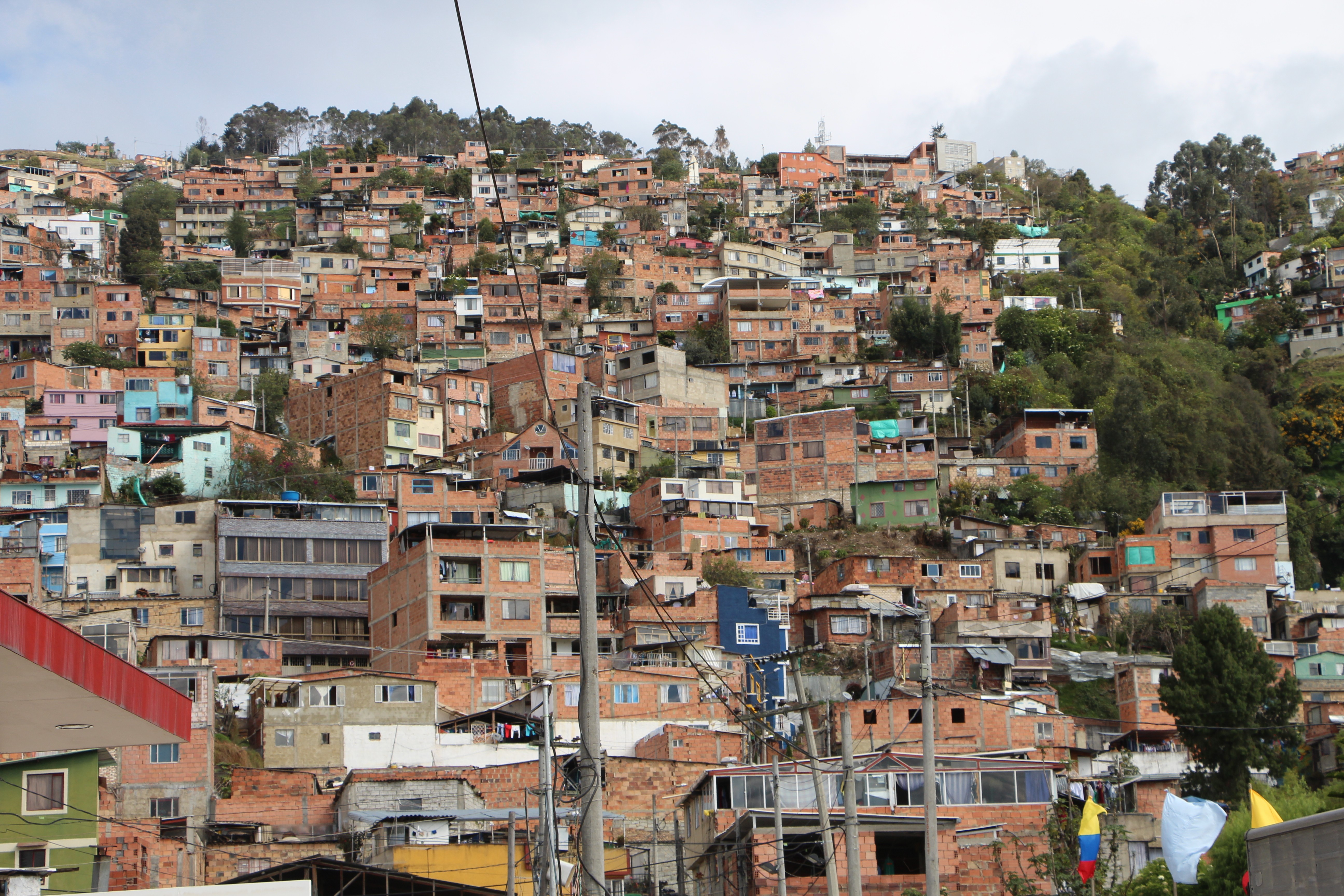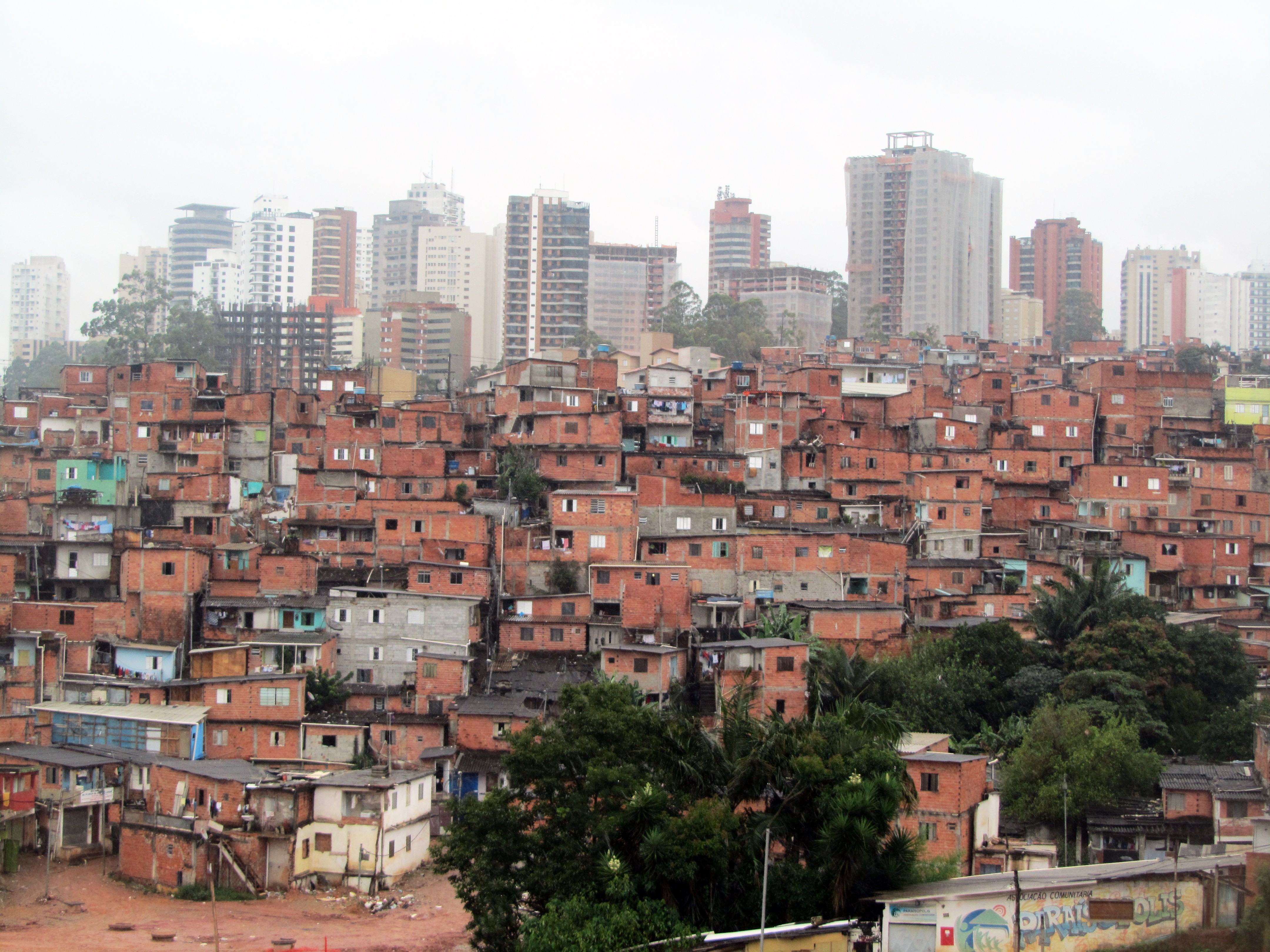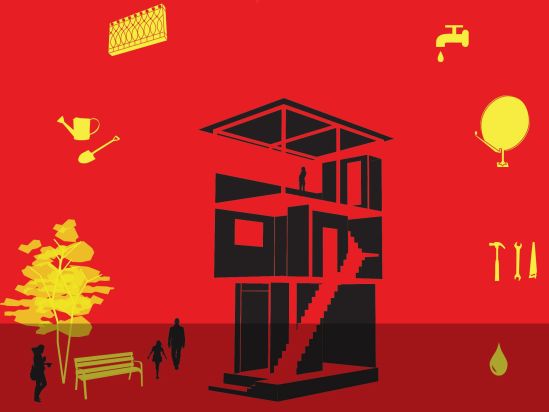The Homegrown Cities Project
The Homegrown Cities Project
Thousands of locally networked masons and contractors are constantly working on tens of thousands of small homes all over Mumbai city. They build afresh, demolish old structures, repair, strengthen and generally help in improving the settlements as much as they can. They work with families and communities who manage to gather resources against all odds to aid this process. They create the physical infrastructure of these neighbourhoods, even contributing to their civic, physical needs, so that the millions of residents can live, work and participate in the city’s grand economic dreams.
The city needs this labour and even the political establishment knows that if it isn’t for these constituencies, the city would not be the economic powerhouse that it is.
In the seventies and eighties these neighbourhoods were supported by policies that, by and large empathized with their collective need to live on government land – which was out of bounds for the real estate market. From the sites and services schemes, to developing long term leaseholds for households to claim collective rights to use land for living and working – all were part of a generally welfare oriented approach. An approach that drastically changed with a liberalizing of the economy and its opening up to market forces in the realm of urban land development. With the coming of the Slum Rehabilitation Scheme, most residents of the city, who live in homegrown settlements, felt and continue to feel shortchanged by the process.
This sentiment is expressed in political resistance, which is raging in many parts of these settlements. At the same time, the ongoing everyday processes of building, re-building, negotiating with the local bureaucracy, garnering political support is a constant feature as well.
One figure who plays a key role in this is the local mason-contractor. URBZ has developed several projects in which we have developed partnerships with contractors in various neighbourhoods, from Shivaji Nagar in Deonar and Sai Vihar in Bhandup.
The Homegrown Cities project goes one step further. Working very closely with legal experts and professional urban practitioners, we are actually going to purchase a plot in Bhandup, to start a chain of locally induced and controlled development projects, house by house, with the eventual aim of developing a collectively owned, neighbourhood level, housing society that is controlled by the residents themselves, and consists of homes that have been co-designed with the URBZ/Homegrown Cities team.
We have been involved in Sai Vihar mainly through our conversations and collaborations with Amar Mirjankar, who has been working as a contractor in building homes for around 20 years now. Our collaborations began in a small way by a small technical contribution to the construction of a Sai Baba temple, that defines the identity of the place. we have documented several of his projects. In the first phase of the project in Banhdup, Amar is our key partner, along with Marc Hood a design partnership that we have with Studio Marc, Torino Italy.
Our long term objective is to bring attention to more community oriented policies such as the sites and services schemes or developing long term collective leaseholds for residents that once dominated the city’s urban policies. This will show how local, community owned and managed housing co-operatives, can be a vital step towards improving the neighbourhoods, bringing good quality civic infrastructure and making the city genuinely ’slum-free’.
In this process, working with local actors, from neighbourhood builders, to corporators who are sensitive to resident needs, becomes a crucial part of the process and can help break through the stronghold that the real estate development lobby has on the city as a whole and on the Slum Rehabilitation Scheme in particular.
The project is at an early stage today and is developing funding to facilitate the process of local investors coming ahead and kick starting the project.
Lets hope we can make a small difference to the way the city thinks of most of its residents and their lives. Please do visit our crowd-funding page and contribute. Also visit our project page and our Bhandup photo collection.

